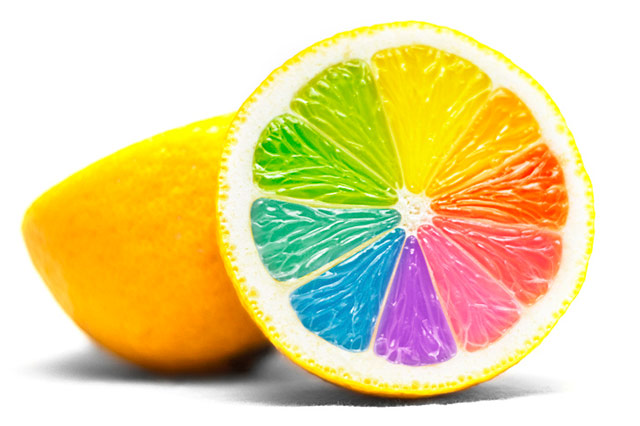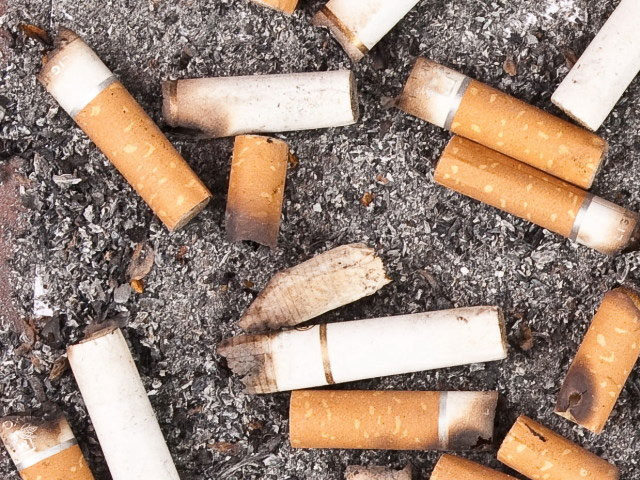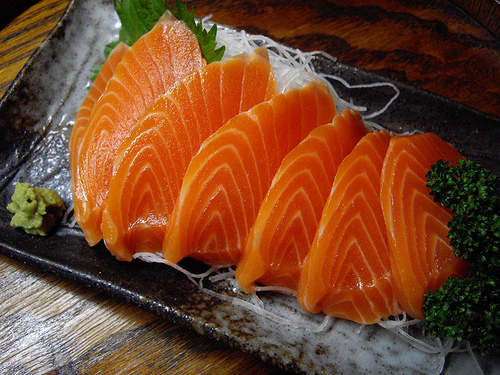
by admin | Jan 21, 2015 | Skin Health
The five most important vitamins and minerals for teenage skin, plus how fish oil protects young brains Nutrition isn’t a priority for most teens, even though the onslaught of hormones and stress of a growing body make good nutrition a must for a variety of reasons....

by admin | Jan 20, 2015 | Mens Health
Introduction An estimated 20 to 30 million American men suffer from erectile dysfunction (ED), a term used to signify the inability to attain or maintain erection of the penis sufficient to permit satisfactory sexual intercourse. New data from the University of Milan...

by admin | Jan 20, 2015 | Natural Facts
Natural products to help kick the smoking habit You’ve heard it before, but to put it simply, if you want good health, you must stop smoking! And the sooner the better. In fact, if you quit smoking now, it’s possible for you to reduce your cancer risk to the same...

by admin | Jan 19, 2015 | Diabetes
How to prevent long—term complications of diabetes and balance your blood sugar with natural products Diabetes is a serious chronic disorder that’s associated with numerous long-term complications if not properly controlled. The main four areas of the body affected by...

by admin | Jan 16, 2015 | Most Recent
For impaired memory and mental function, nutrition is the key Are memory loss and decreased brain power inevitable as we age? Many people in their 40s, 50s, and beyond are told that they are, and that there’s nothing that can be done about it. Is that true? Of course...








